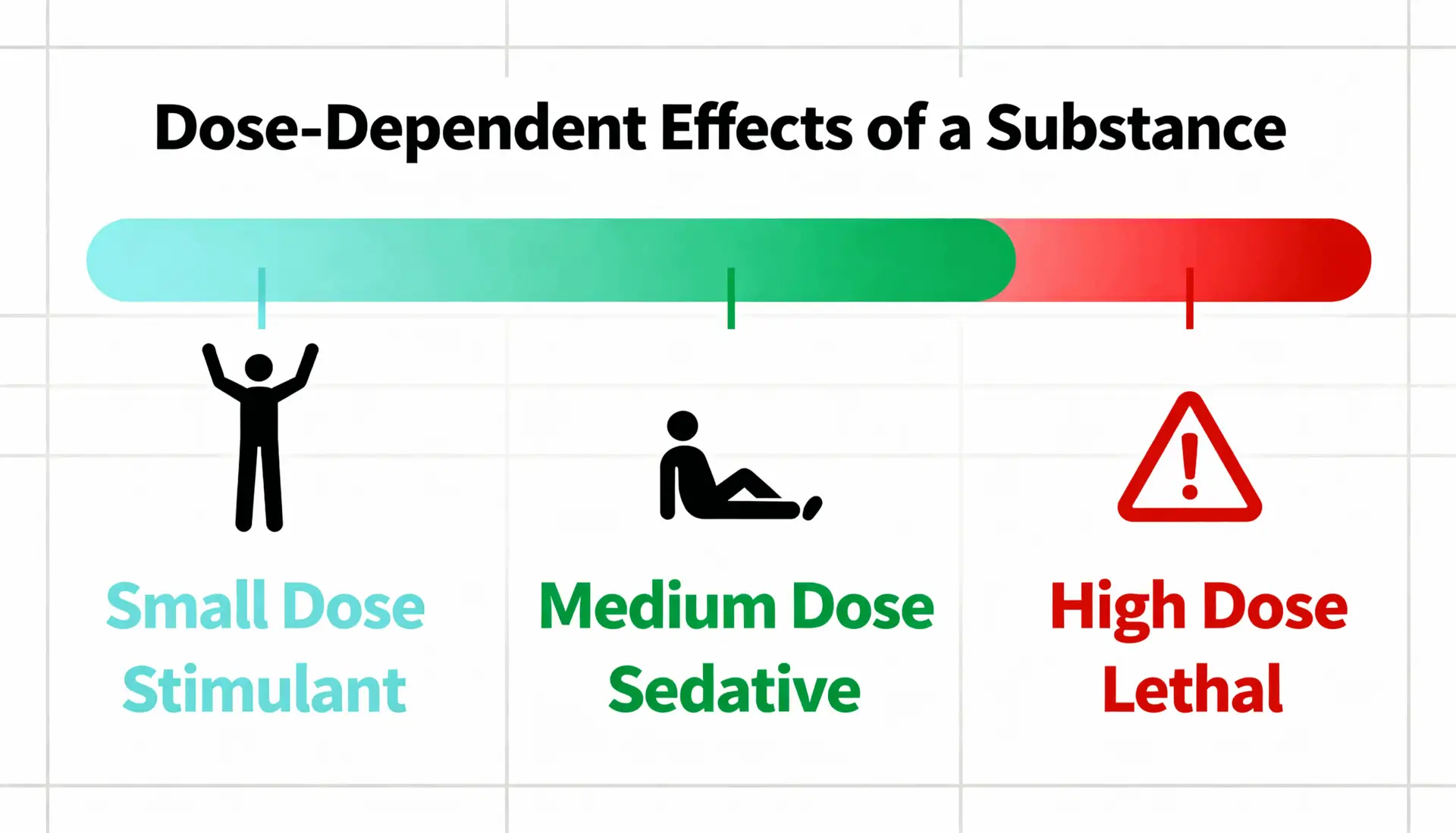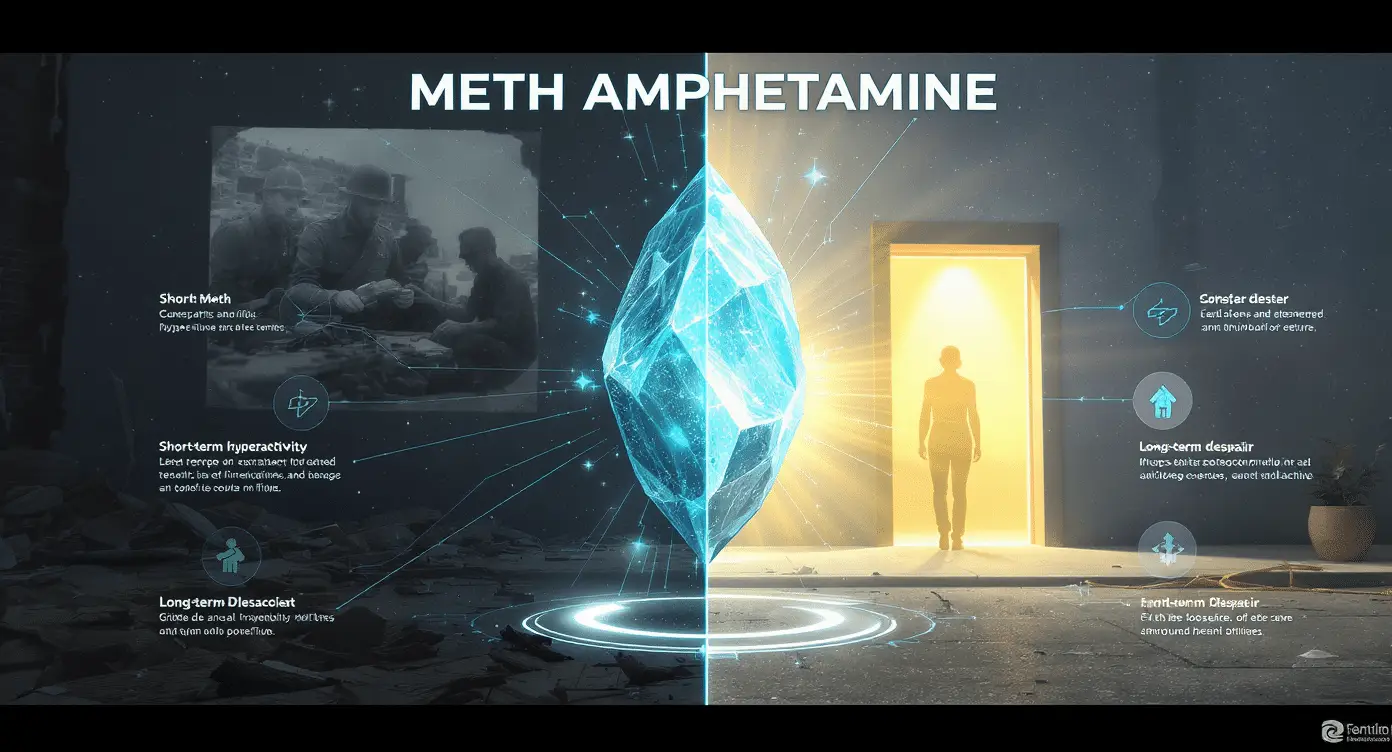Rehab is not the finish line—it’s the starting point.
When your loved one comes home after treatment, it can feel like a fresh start—or a ticking time bomb. Without preparation, even the best recovery can derail. Fortunately, there are practical steps you can take to build a safe, sober, and supportive environment.
Step 1: Set Clear House Rules Before They Arrive
Don’t wait for the first argument—set expectations early. For example:
- No drugs, alcohol, or paraphernalia in the house
- Curfew or check-ins if needed
- Required participation in ongoing recovery activities
- Who they can or cannot see socially
Write them down and go over them together calmly. This avoids emotional confusion.
Step 2: Remove Triggers from the Environment
Even subtle items can lead to relapse. Prepare by:
- Cleaning out old hiding spots for substances
- Removing alcohol, prescription meds, or sharp tools
- Blocking contacts or social media accounts tied to past use
Your goal isn’t to “control” them—but to protect their progress.
Step 3: Establish a Post-Rehab Routine
Structure builds stability. Help them stick to a routine by:
- Scheduling therapy, outpatient meetings, or work
- Encouraging healthy habits (eating, sleeping, exercise)
- Setting times for family meals or daily check-ins
Without routine, old habits can quickly return.
Step 4: Educate the Whole Family
Everyone needs to be on the same page. Consider:
- Attending a family workshop or support group
- Learning about relapse signs and communication tools
- Talking to Narconon Europe for guidance on family reintegration
👉 Narconon Europe – Drug Abuse Help
Don’t assume they’re “cured.” Recovery is a process—for them and for you.
Step 5: Stay Positive—but Realistic
Celebrate their progress—but stay alert. You might say:
“I’m proud of you for completing treatment, and I’m here to support your next steps.”
Watch for red flags like mood swings, disappearing acts, or secrecy. It’s okay to hope—but also to verify.
👉 See real-life examples of success on our Narconon Europe Success Stories
❓ Frequently Asked Questions: Rehab Return Preparation
Should I trust them right away after rehab?
Trust should be earned gradually. Support them, but verify and keep healthy boundaries.
What if my family doesn’t believe they’ve changed?
Include your family in the process. Education and honest conversation can help rebuild trust.
Is relapse normal after treatment?
Relapse can happen, but it’s not inevitable. A solid environment and continued support reduce the risk.
Can I still have alcohol in the house?
If possible, remove it entirely. Even small exposures can trigger cravings.
What’s the most important thing I can do?
Stay involved. Monitor progress, stay in communication, and remain supportive without enabling.



